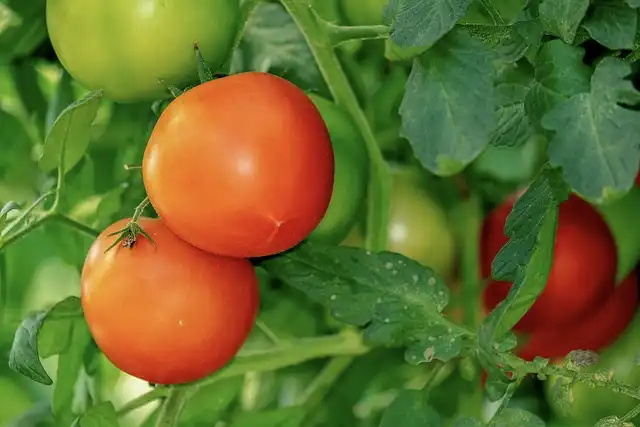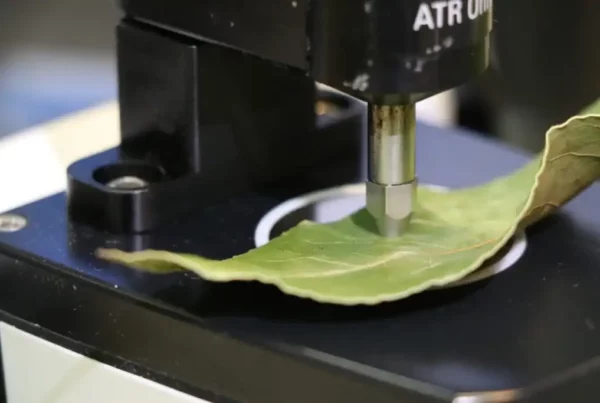Post written by Villo Bernárd, Kumsal Ecem Colpan Karisan, Andrea Gabriela Hernández Sanz, and Yanmin Zhou during the SPS-CEPLAS Summer School 2024
Scientists in China have developed tomato plants that can cope with extremely dry and salty conditions. They discovered a new stress-response mechanism in tomatoes that plays a significant role in adapting to drought and salt stress. By utilising various genetic tools, they created tomato plants that produce a synthetic molecule, which hacks this stress-response mechanism and helps the plants perform better in changing environments.
We often hear about climate change, but we rarely discuss its broader impacts. Global warming isn’t just about rising temperatures; it also brings a host of other changes to our planet, including more frequent and severe drought. Many regions are already experiencing water shortages and adverse soil conditions, a situation that is expected to become increasingly common. While this is bad for us, and it’s disastrous for the plants as they cannot escape.
Plants differ from animals in many ways, one being their inability to move when they lack basic necessities like water. Instead, they must adapt their biology to handle the adverse consequences of climate change. By better understanding how plants sense and adapt to these environmental conditions, scientists can hack these pathways to help plants better adapt. Using their new understanding of stress response, the scientists genetically engineered tomato plants to produce a synthetic molecule that can mimic part of the stress response, thereby speeding up the response.
This discovery is significant because it shows that by tweaking some molecules, we can create tomato plants that are much more tolerant to unfavourable conditions. This means farmers could grow more tomatoes even when water is scarce and the soil isn’t ideal.
In simple terms, scientists found a way to make tomato plants stronger and better to survive in difficult environments. This could help ensure we have enough tomatoes and other crops, even when the weather and soil conditions aren’t perfect. The findings offer hope for more reliable farming and global food security in the future.
Read the paper: Liu, W., Wei, J. W., Shan, Q., Liu, M., Xu, J., & Gong, B. (2024). Genetic engineering of drought-and salt-tolerant tomato via Δ1-pyrroline-5-carboxylate reductase S-nitrosylation. Plant Physiology, 195(2), 1038-1052. https://doi.org/10.1093/plphys/kiae156
Image: tomato plant. Credit: 1195798 / Pixabay







